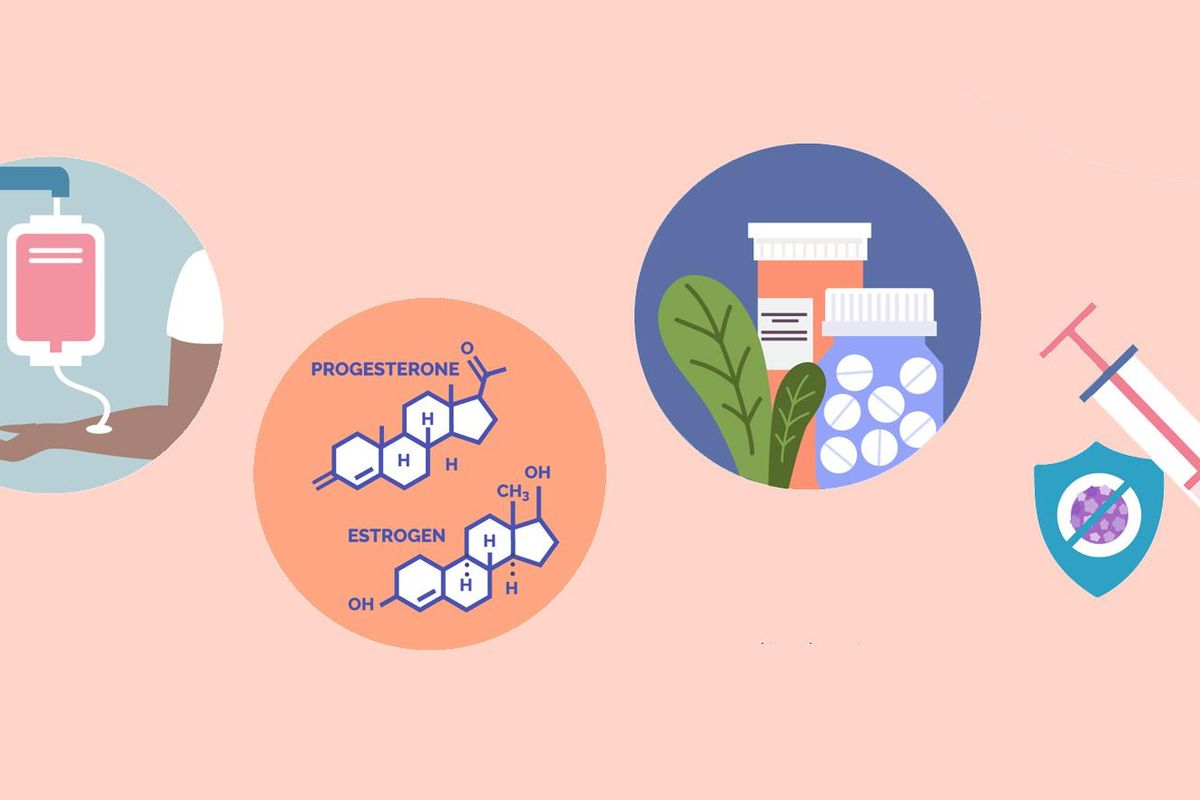Advanced breast cancer (ABC) includes both locally advanced breast cancer and stage 4 cancer, also called metastatic breast cancer (MBC).
Locally advanced breast cancer is the most advanced stage of breast cancer that has not spread to distant body parts. It can refer to a large tumor in the breast or cancer that has spread to the chest wall, skin of the breast or nearby lymph nodes.
MBC has spread (metastasized) to more distant parts of the body — most commonly the bones, liver and lungs.
Treatment of ABC is not the same for everyone. The main element that helps healthcare providers (HCPs) decide on a treatment plan is looking at the breast cancer cells that have spread for clues about which treatments will work best.
- HCPs can’t look for clues in the original breast tumor because when cancer travels to other organs, features of the cancer cells can change and need different treatments.
Types of ABC treatment
Drugs that spread through the body to wherever the cancer is located are often the main treatment for ABC. These include:
- Chemotherapy (chemo) — anti-cancer drugs injected into your veins or taken by mouth that travel through the bloodstream to reach cancer cells
- Hormone therapy — treatments that stop estrogen and/or progesterone, which sometimes help cancer cells grow, from attaching to receptors in breast cancer cells
- Targeted drugs — drugs that are directed at specific proteins on breast cancer cells that help them grow and live longer
- Immunotherapy — drugs that help the immune system find and destroy cancer cells
Sometimes ABC or its symptoms may also be treated with surgery or radiation.
Other factors that affect ABC treatment include:
- Where the cancer is located and whether it has spread
- What type of breast cancer you have
Another key to creating an ABC treatment plan? Determining your goals of care.
It’s important to balance quality of life with getting treatment that works. Together with your HCPs, you can create a treatment plan that will help you meet your goals.
Hope on the Horizon
Treatments are always improving and new treatments are being discovered at a rapid pace. Be sure to speak with your HCP about new treatment options or even clinical trials.
This resource was created with support from Merck and Sanofi.
- Breast Health Articles - HealthyWomen ›
- Breast Cancer - HealthyWomen ›
- Breast Cancer Is the Leading Cause of Cancer Death in Latina ... ›
- You Have Advanced Breast Cancer. What's Next? - HealthyWomen ›
- Metastatic Breast Cancer - HealthyWomen ›
- Breast Health Articles - HealthyWomen ›
- New Metastatic Breast Cancer Treatments - HealthyWomen ›







